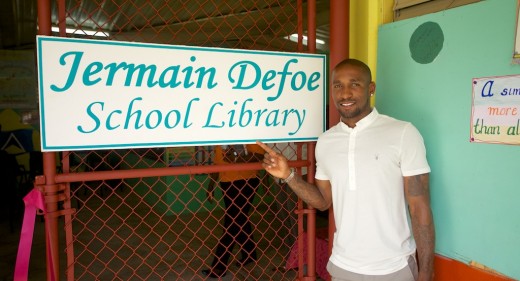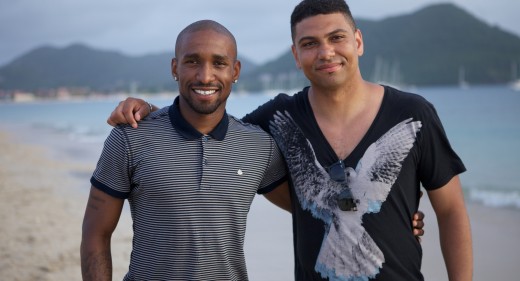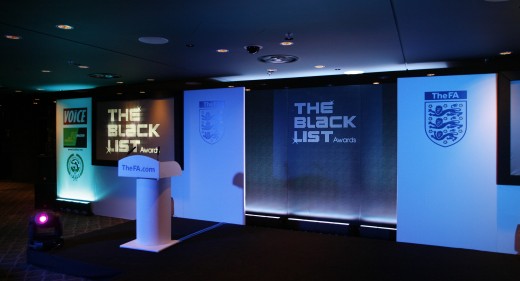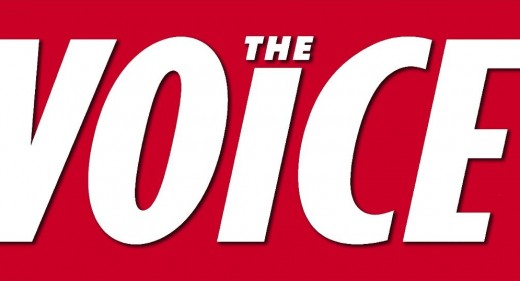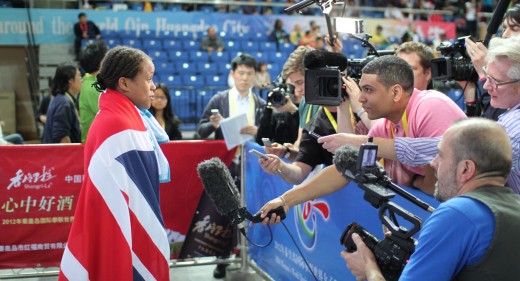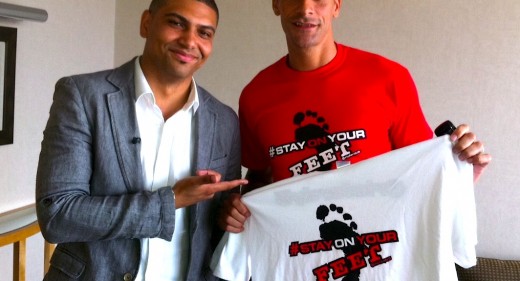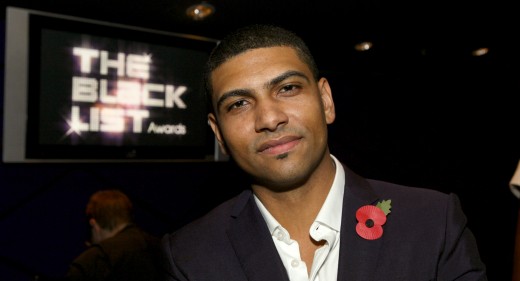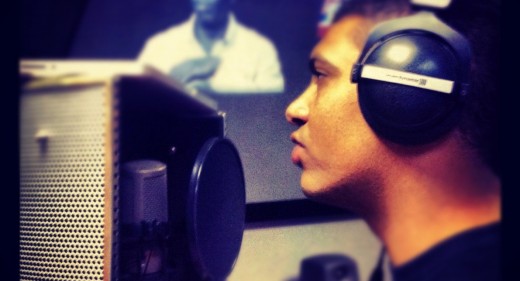Bad news sells. And if you believe what you read in the tabloids, you’re unlikely to have much love for our Premier League football stars.
So the beef I’d like to carve up in this column is about how rare it is to see positive coverage of the things players get up to away from the pitch.
Now this isn’t to say footballers are hard done by, but more balanced coverage of these guys would give us a greater understanding of them, as people, and more importantly, help to inspire the next generation to do positive things with their lives.
Whether you like it or not, footballers are today’s role models. Many young people look up to them.
This summer I was fortunate enough to get to know Jermain Defoe a lot better. I was filming with him and his family in St Lucia for an ITV Sport Life Story that will be aired later this year.
The guy is doing some great things on the island. Helping vulnerable young people who desperately need support. He’s doing this through a foundation he has recently launched, having been moved by the aftermath of the devastating hurricane Thomas in 2010.
I got to know a different Jermain to that often portrayed in the press and I’m really excited about sharing this with you in the ITV documentary.
While I was on the island I met up with Reading’s Jason Roberts. He was in town to attend an important conference on developing sport in the Caribbean.
His Jason Roberts Foundation has been working wonders in Grenada and also here in the UK for a whole heap of time. Surely there are interesting and important stories here that should be given greater prominence?
Others who have been busy giving back this summer include Liverpool’s Daniel Sturridge in Jamaica, Chelsea’s Michael Essien in Ghana, Spurs’ Emmanuel Adebayor in Togo and Benoit Assou Ekotto in Cameroon.
As Jermain Defoe opened a library in a Primary School in St Lucia I immediately thought, ‘Can I help a school in Jamaica?’.
So I’ve taken inspiration from the guys, often dubbed rich spoilt brats, and hope this column may encourage others to do so too. Not forgetting the decision makers at national newspapers and broadcasters…
– This column first appeared in The Voice Newspaper (www.voice-online.co.uk)

